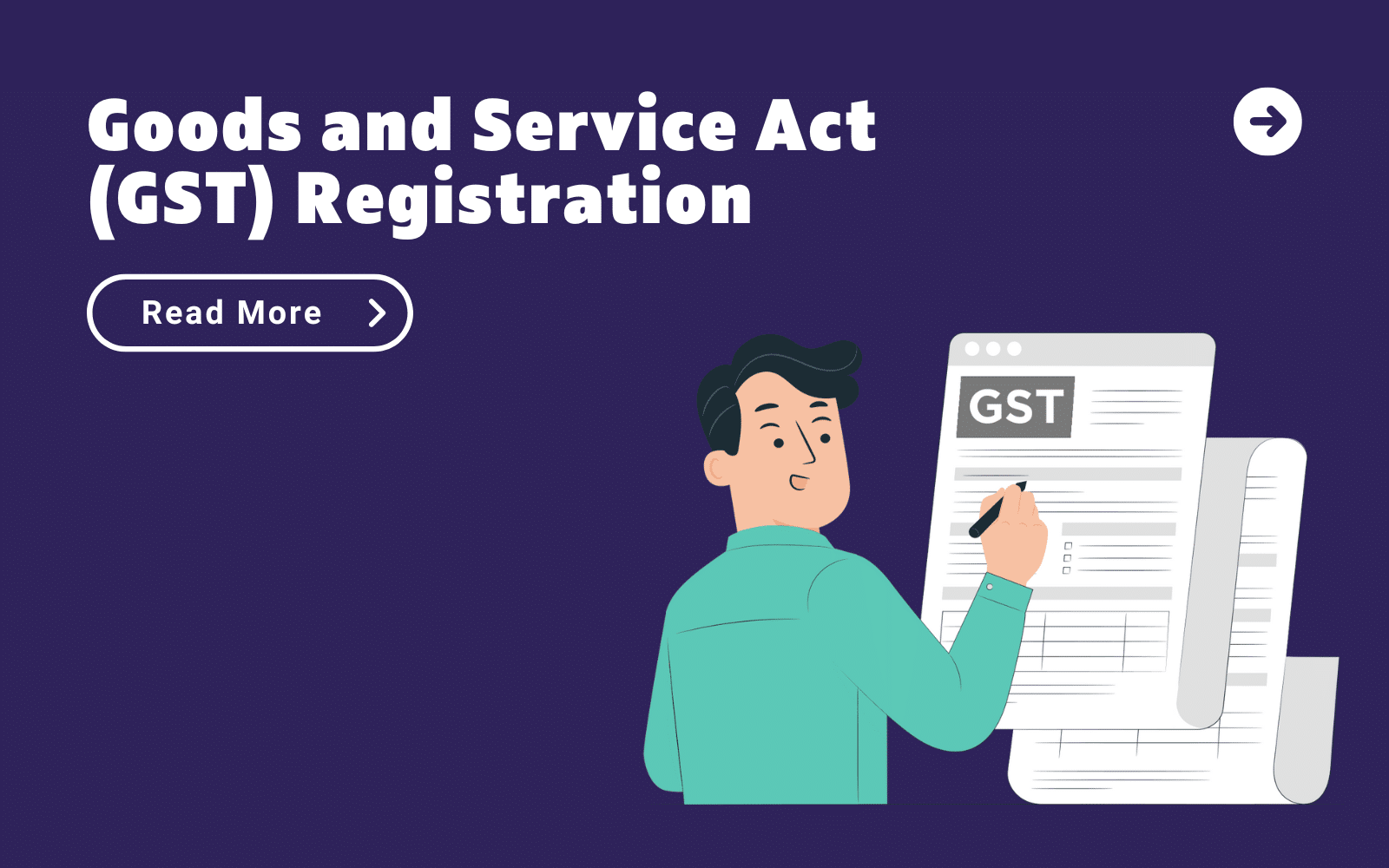Under Goods and service tax (GST), every business has to obtain GST registration if your business revenue surpasses the certain threshold levels or belongs to specific categories that require GST registration.
Threshold limit for Registration– The standard GST registration threshold is set at Rs. 40 lakhs for goods suppliers and Rs. 20 lakhs for service providers across most states and union territories in India. It’s important to note that this threshold exemption does not extend to individuals mandated to register under section 24.
Compulsory Registration– under section 24 of Goods and Services Act, there are certain categories who need to take compulsory registration as mentioned below.
- Persons making any inter-State taxable supply of goods;
- Casual taxable persons making taxable supply;
- Persons who are required to pay tax under reverse charge;
- Non-resident taxable persons making taxable supply;
- Persons who make taxable supply of goods or services or both on behalf of other taxable persons whether as an agent or otherwise;
- Input Service Distributor, whether or not separately registered under this Act;
- Persons who supply goods or services or both, other than supplies specified under sub-section (5) of section 9, through such electronic commerce operator who is required to collect tax at source under section 52
- Every electronic commerce operator [who is required to collect tax at source] under section 52
- Very person supplying online information and database access or retrieval services from a place outside India to a person in India, other than a registered person; and
- Such other person or class of persons as may be notified by the Government on the recommendations of the Council.
Advantages of GST Registration for Businesses
- Easy Compliance: Ensures that businesses remain compliant with tax regulations, thus avoiding any potential penalties.
- Input Tax Credit: Register tax payer receive input tax credit on services or goods purchased which can be set off against the GST charged on sales, leading to a reduction in tax liability.
- Transparency– The government will have all the record of transaction due to GST system and it will lead to transparency as the government can detect tax evasion easily.
- Inter-State Trade Ease: Encourages businesses to transact across state boundaries without facing tax-related challenges.
- Competitive Edge: Being GST compliant showcase, the potential of your business and big player is interested to make transaction with the business which leads to more opportunities.
- Access to Larger Markets: Major corporations often prefer collaborating with GST-registered vendors.
- Enhanced Credit Rating: Maintaining a consistent and positive GST compliance record can boost a business’s credit profile.
- Legal Recognition: Business get recognition as supplier of goods and services and can also get a legal permit to collect the taxes.
Document required for GST Registration-
- PAN of the applicant
- Aadhaar Card
- Certificate of incorporation, in case of Company, LLP etc
- Identity and address proof of Proprietor/Director with Photo
- Address proof of principal place of business
- Letter of Authorization or Board resolution for authorized signatory.
Conclusion
Business Needs to get compulsory registration if the turnover of the business either exceed with the thresholds limit or they are required to take compulsory registration under Section 24 of the GST Act.


0 Comments